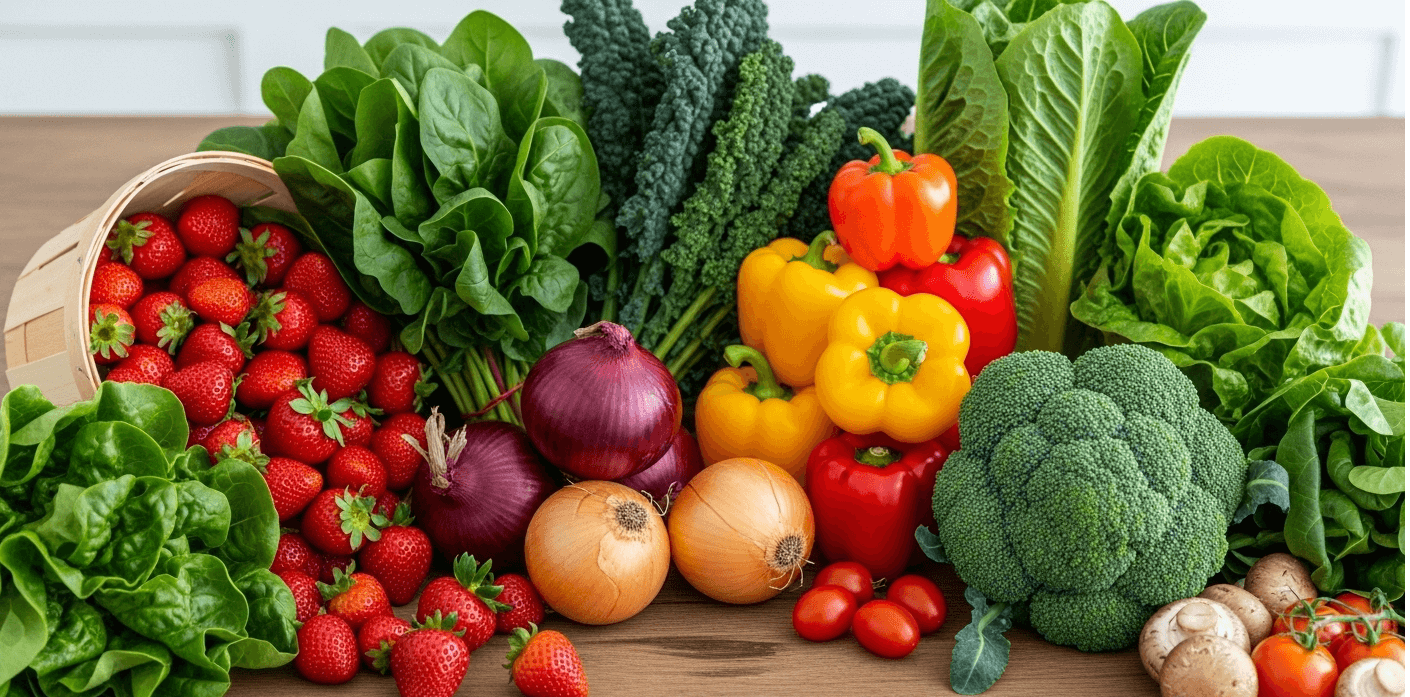
Understanding the Dirty Dozen: What This Year’s List Reveals
The 2025 Dirty Dozen list has been released, shedding light on which fruits and vegetables are most contaminated with pesticide residue. For many health-conscious individuals, especially women—who often take on the responsibility for family nutrition—knowing the produce to prioritize in organic purchases is crucial. This year's list features familiar items like strawberries, spinach, and kale, reminding us of the ongoing battle against pesticide use in agriculture.
Why Pesticide Residue Matters: Health Risks Explored
Research has linked pesticide exposure to various health issues, including illnesses and even cancer. Women, in particular, are often more affected due to biological differences and potentially higher exposure through dietary choices and environmental factors. Pesticides can disrupt hormonal balance, impacting reproductive health and contributing to long-term health challenges. By being aware of the Dirty Dozen, families can shield themselves from harmful chemicals.
Building a Healthier Kitchen: Tips for Choosing Organic Produce
Incorporating organic produce into your family’s diet doesn’t have to break the bank. Start by focusing on the Dirty Dozen—buy organic versions of these foods whenever possible. Pairing that with a strategy to buy in bulk at local co-ops or farmers’ markets can minimize costs. Additionally, wash all produce thoroughly, even organic items, to help reduce some pesticide residues.
The Power of Vitamin D in Combating Illness
While staying informed about pesticide residue is essential, it’s also vital to consider how nutrients like Vitamin D can support health. Vitamin D is crucial for immune system function and can help mitigate some of the harmful effects of chemicals found in pesticides. Ensuring you get adequate sunlight or supplements can ultimately strengthen your body's defenses against illness.
Community Efforts: Investing in Organic and Sustainable Practices
Outside individual choices, advocating for more sustainable farming practices can help tackle the broader issue of pesticide use. Joining local organizations focused on sustainable agriculture can amplify our voices. When consumers demand organic and sustainable options, farmers can pivot to safer practices, benefiting both families and the environment.
Healthier Choices
As consumers, we hold power in our choices. By being ever vigilant about the foods we consume and advocating for organic practices, we can foster a healthier family environment. Check out local farmers’ markets, join community gardening groups, and prioritize knowledge about what you bring home. Small changes can lead to significant impacts, both personally and globally.
 Add Row
Add Row  Add
Add 




Write A Comment